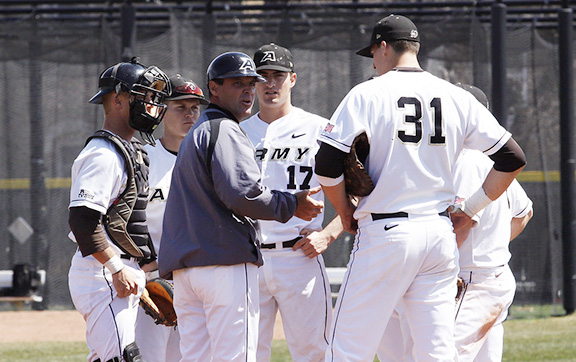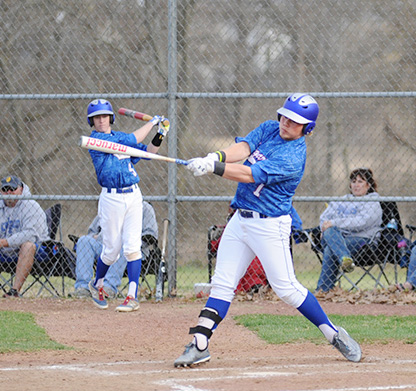Helping athletes find their voice

Baseball is very much a game of routine. And those routines are an integral part of a player’s individual development, not to mention the team culture and environment. Hitters spend time in the cage every day to get their swings right. Pitchers work in the bullpen to perfect their delivery. Teams take batting practice, emphasize defensive work, and run the bases.
Every. Single. Day.
Those routines become a habitual part of the professional player’s day. Over the course of my six years managing at various levels of our minor league system, I saw the value of using the previous day’s game as a teacher for our players. When reviewing the games in my own mind, I saw the countless coaching points that could be taken from each contest. But after discussing those points, almost like a teacher lecturing a class, I became curious as to what the players actually saw. So, I changed my approach.
Prior to offering my own thoughts, I’d survey the group: “Alright guys, what do you got from last night?” The first few times I did this, I scanned the room and found nothing but blank stares. Heads down. Crickets. No one saying a word. No one wanting to be called upon.
At the time, our team environment was not one that encouraged input from players. It shouldn’t have been a surprise that these players — all of whom we had good relationships with — were apprehensive to speak in front of the group. Some were timid out of fear that they would say something wrong.
» ALSO SEE: Challenging players to be competitive in practices

Slowly, as we changed the approach, we were able to create an environment where giving our players a voice became the norm. They became more comfortable talking the game, and they used one another as a way to get better. This even took place in A-ball, with those inexperienced kids who truly didn’t know the game.
In 2018, I managed the Portland Sea Dogs, our Double-A, Eastern League affiliate. Coming on the heels of my experience working largely with inexperienced players, this presented my first opportunity to work with players who had a career under their belt and knew what it meant to be a professional. We had a good sense of what made them tick, and they had a pretty good feel for the game. Additionally, the majority of them had played for me at some point and were familiar with my style of engagement. This level of comfort, and their understanding of our organizational standards, helped them embrace my style of coaching as a conversation.
» ALSO SEE: Showing appreciation to your athletes
Part of managing at the Double-A level meant spending a week with our Major League team in September. This allowed us to get a feel for how our staff and players were doing things in Boston, and it helped us figure out what we can mirror in the Minor Leagues to prepare our guys. What blew me away far more than anything else was the interaction between players and the manner by which there was non-stop communication about the game. Coaches would start our advance meetings, and the players would essentially take over. Later — in the cage, around the dugout, in the bullpen — there were constant player-driven conversations, a clear part of the culture that helped us win the World Series in October. Some of our most inquisitive players, not coincidentally, were also some of our biggest stars.
For players, it’s OK to ask questions. It’s OK to give feedback, and it’s OK to talk the game. It’s all, in reality, a necessary part of development. We need to embrace input from our players to understand what they actually know, which in turn helps us learn what they don’t know. By encouraging questions, feedback and game-talk, we can make coaching a conversation, not a lecture. For coaches, it’s up to us to help our players find their own voice so they can develop in their own game.
Darren Fenster is the minor league outfield/baserunning coordinator for the Boston Red Sox. He’s the former manager of the Portland Sea Dogs (Maine) and former manager of the Greenville Drive (S.C.), both Minor League affiliates of the Boston Red Sox. Find him on Twitter at @CoachYourKids.





